-
On Sale!
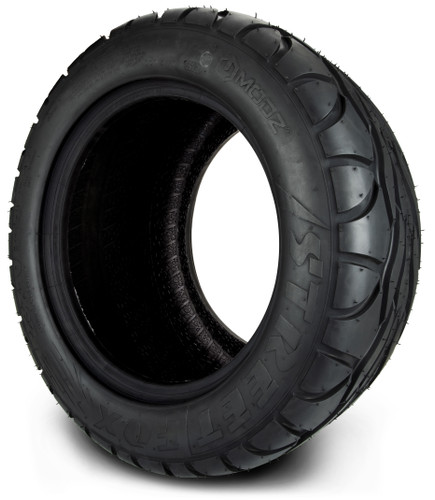
MODZ® Street Fox 23x10-R14 Radial Golf Cart Tire
Was: $191.99Now: $117.95 -
On Sale!

Arisun 205/30-14 "Cruze" DOT Low Profile Street/Golf Tire (4-Ply)
Was: $79.99Now: $48.95 -
On Sale!

Arisun 205/50-10 DOT Street/Golf Tire for EZGO, Club Car, Yamaha Golf Carts
Was: $75.99Now: $46.95 -
On Sale!

Arisun 205/65-10 DOT Street/Golf Tire for EZGO, Club Car, Yamaha Golf Carts
Was: $91.99Now: $55.95 -
On Sale!

Arisun 215/35-12 "Cruze" DOT Low Profile Street/Golf Tire (4-Ply)
Was: $79.99Now: $47.95 -
On Sale!

Arisun 215/50-12 "Cruze" DOT Low Profile Street/Golf Tire (4-Ply)
Was: $97.99Now: $59.95 -
On Sale!

MODZ® Street Fox 23x10-R12 Radial Golf Cart Tire
Was: $181.99Now: $110.95 -
On Sale!
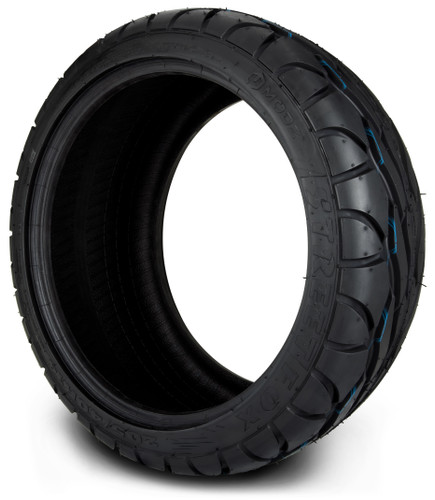
MODZ® Street Fox 205/40-R14 Radial Golf Cart Tire
Was: $179.99Now: $109.95 -
On Sale!

Arisun 20x10-10 DOT All-Terrain Tire for EZGO, Club Car, Yamaha Golf Carts
Was: $129.99Now: $79.95 -
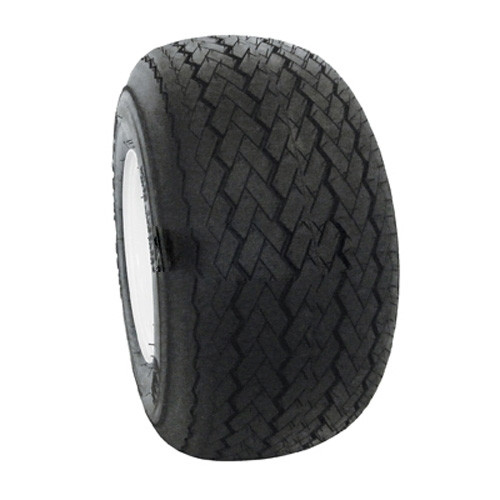
-
On Sale!

MODZ® Street Fox 245/50-R12 Radial Golf Cart Tire
Was: $185.99Now: $113.95 -
On Sale!

MODZ® Guardian 205/30-14 Street Golf Cart Tire
Was: $91.99Now: $55.95 -
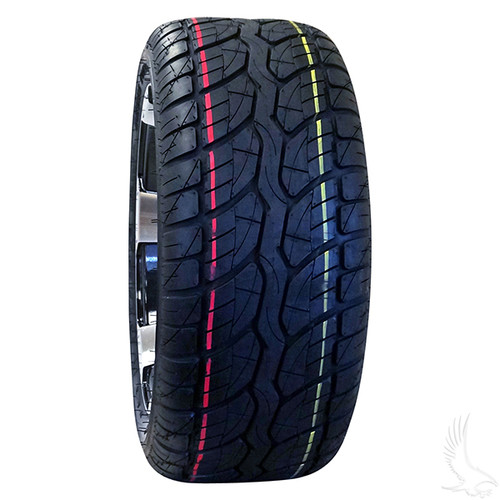
Duro Excel Touring, 225/40-14, 4 ply DOT Golf Cart Tire
MSRP: $150.00$139.95 -
On Sale!

MODZ® Street Fox 20x10-R10 Radial Golf Cart Tire
Was: $169.99Now: $103.95 -
On Sale!

MODZ® Street Fox 22x11-R10 Radial Golf Cart Tire
Was: $183.99Now: $111.95 -

RHOX 23x10-14 GPL 4 Ply DOT Golf Cart Tire
MSRP: $186.00$159.95 -

RHOX Mojave, 23x10.5 - 12, 4 Ply DOT Golf Cart Tire
MSRP: $163.00$146.95 -

RHOX Road Hawk, 23x10R14 Radial DOT, 4 Ply Golf Cart Tire
MSRP: $218.00$177.95 -

-
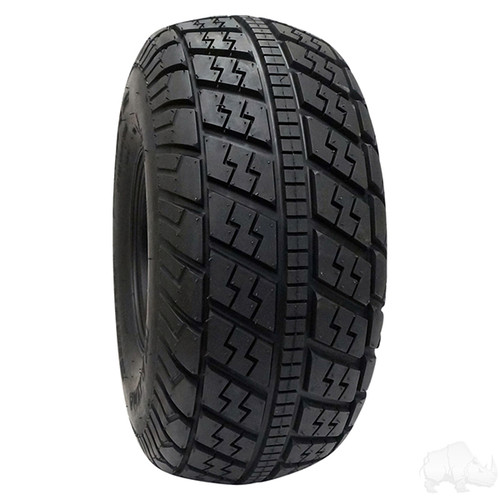
RHOX RXFG 20x8.5-8 4Ply Golf Cart Tire
MSRP: $137.00$131.95 -

-
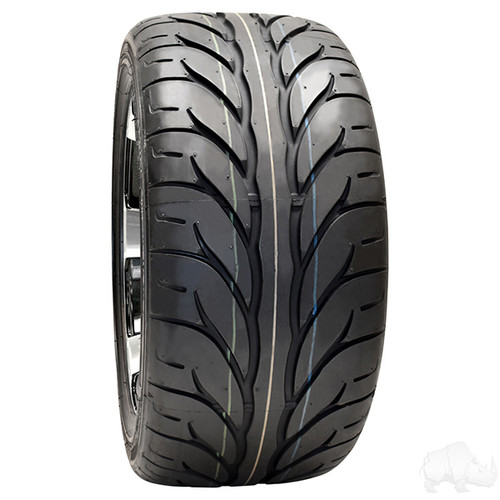
Kenda Kruzer 215/40R12 4 Ply Steel Belted Radial
MSRP: $236.00$194.95 -

RHOX RXUT, 23x10.5-12, 4 Ply Golf Cart Tire
MSRP: $160.00$144.95 -

RHOX RXLP Low Profile, 215/40-12 4 Ply DOT Golf Cart Tire
MSRP: $125.00$124.95 -
On Sale!
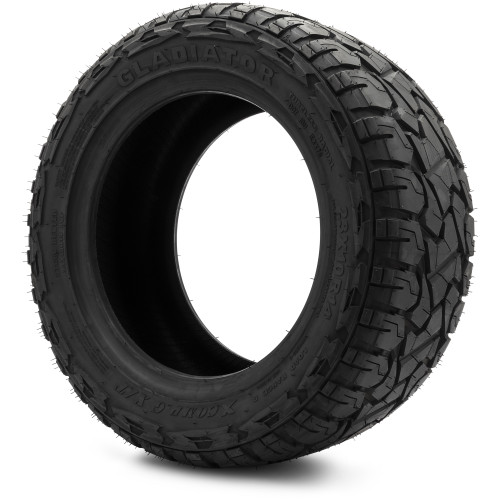
Xcomp® Gladiator 23x10-R14 Radial Golf Cart Tire
Was: $189.99Now: $133.95 -

RHOX Road Hawk, 22x10R14 Radial DOT, 4 Ply Golf Cart Tire
MSRP: $214.00$175.95 -

-
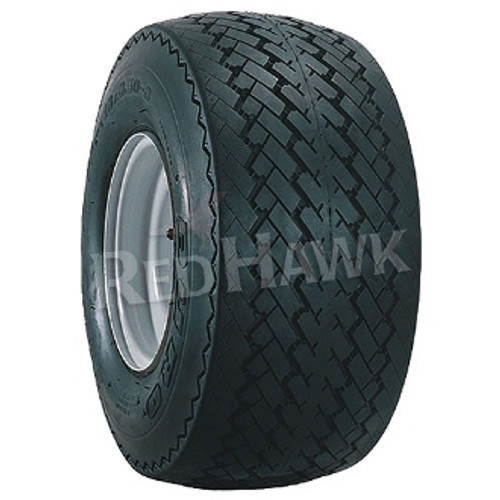
-

RHOX 23x10-12 GPLR 4-Ply DOT Golf Cart Tire
MSRP: $179.00$155.95 -

RHOX Road Hawk, 22x10-12 Radial , 4 Ply Golf Cart Tire
MSRP: $199.00$167.95 -

RHOX RXLP Low Profile, 215/50-12 4 Ply DOT Golf Cart Tire
MSRP: $136.00$131.95 -

RHOX Mojave, 24x11-14 DOT 4 Ply GOLF CART TIRE
MSRP: $214.00$175.95 -
On Sale!

Xcomp® Gladiator 215x50-R12 Radial Golf Cart Tire
Was: $165.99Now: $111.95 -

-

RHOX RXLP, 225/30-14 DOT, 4 ply Golf Cart Tire
MSRP: $138.00$132.95 -

205/40-R14 GTW Fusion GTR Steel Belted DOT Tire (Lift Required)
MSRP: $165.95$132.95
Understanding Street and Turf Golf Cart Tires
Selecting the right tires for your golf cart is crucial for performance and safety. Consider key factors such as tire size, tread design, and durability to ensure your golf cart meets terrain challenges efficiently.
Street Tires vs Turf Tires
| Specification | Street Tires | Turf Tires |
|---|---|---|
| Tread Design | Smooth for minimal ground impact | Gentle, wider treads |
| Ply Rating | 4 Ply | 4 Ply |
| Max Load per Tire | 665 lbs at 30 psi† (on average) | 815 lbs at 22 psi† (on average) |
| DOT Approved | Yes | No |
| Ideal Application | Roadways, golf courses, walking paths, light off-road use | Lawns, dirt paths, footpaths, light street use |
| Tread Width | Varies, designed for minimal resistance on pavement | Wider to distribute weight evenly on soft surfaces |
| Tread Depth | Shallower for smooth surfaces | Deeper for better grip on soft, uneven terrain |
Tire Specifications
- Tire Size: Refers to the diameter and width of the tire, impacting how it fits your golf cart and affects its handling.
- Ply Rating: Indicates the tire's strength and load capacity, crucial for durability and safety.
- Tread Depth: Affects the tire's grip and performance on various surfaces, influencing overall control and longevity.
Frequently Asked Questions (FAQ)
Q: Will using street tires on my golf cart damage the turf on golf courses?
A: Street and turf tires are designed to be gentle on various surfaces, including grass, ensuring they can be used on golf courses without causing damage. These tires have tread patterns that grip effectively while being turf-friendly.
Q: Why do turf tires have a higher max load than street tires, even though both have a 4-ply rating?
A: The max load difference between street and turf tires, despite having the same ply rating, is influenced by factors like construction materials, tire design, and intended use. Modern tires use advanced materials, allowing them to carry more weight with fewer plies. Turf tires might be designed to distribute weight evenly on soft surfaces, contributing to their higher load capacity.
Q: Are there tires for golf carts that perform well in all types of weather?
A: Golf carts can be equipped with all-terrain tires that offer a good balance between off-road capability and smooth on-road performance. These tires are versatile for different conditions, providing traction and comfort across various terrains.
Q: How can I tell when it's time to replace my golf cart tires?
A: Signs such as reduced tread depth, visible cracks, or uneven wear patterns indicate it's time to replace your golf cart tires. Ensuring your tires are in good condition is crucial for safety and performance.
Q: How often should I check the air pressure in my golf cart tires?
A: Checking your golf cart tire pressure regularly, at least once a month, is recommended to ensure they perform optimally and to avoid premature wear.
Q: What is the ideal tire pressure for golf cart tires?
A: The ideal tire pressure for golf cart tires typically ranges between 15 to 22 PSI, but it's important to consult the tire manufacture's recommendations for optimal results.
Q: Can golf cart tires go flat, and if so, what are the alternatives?
A: Yes, traditional golf cart tires can go flat. However, airless tire options like the Michelin X Tweel Turf Comfort are available, offering enhanced durability and comfort without the risk of going flat. These tires use a unique system to carry load and absorb shock.
